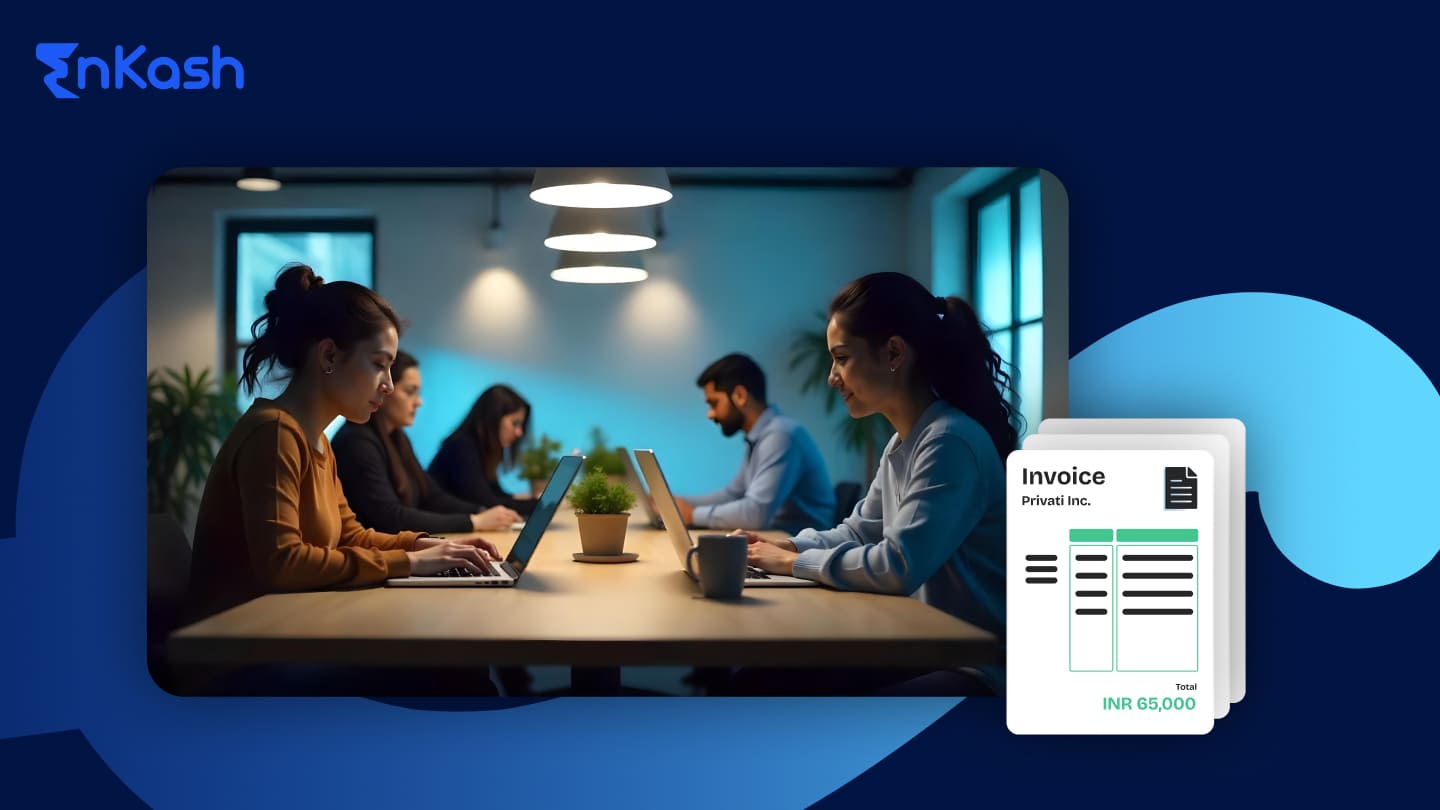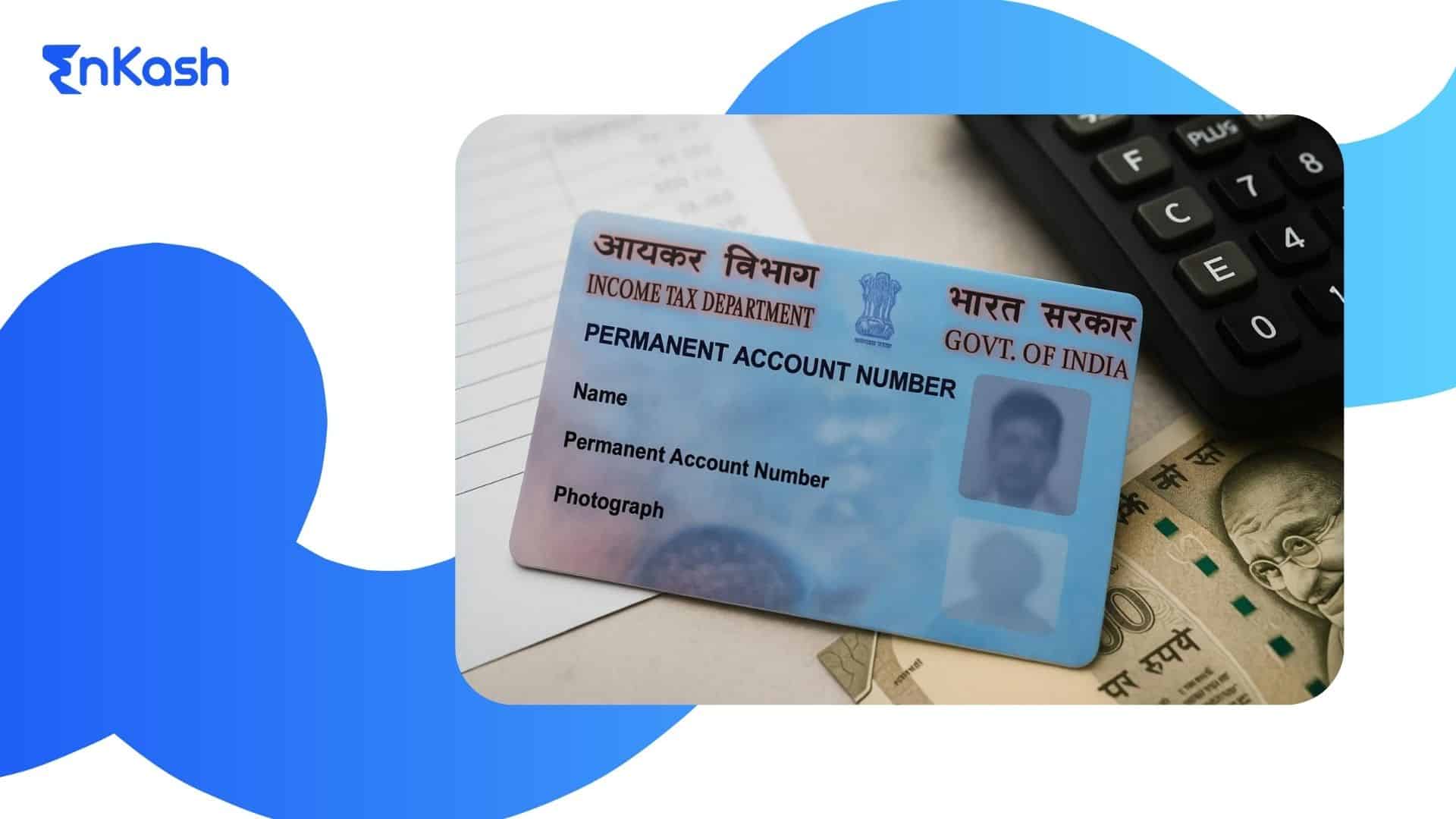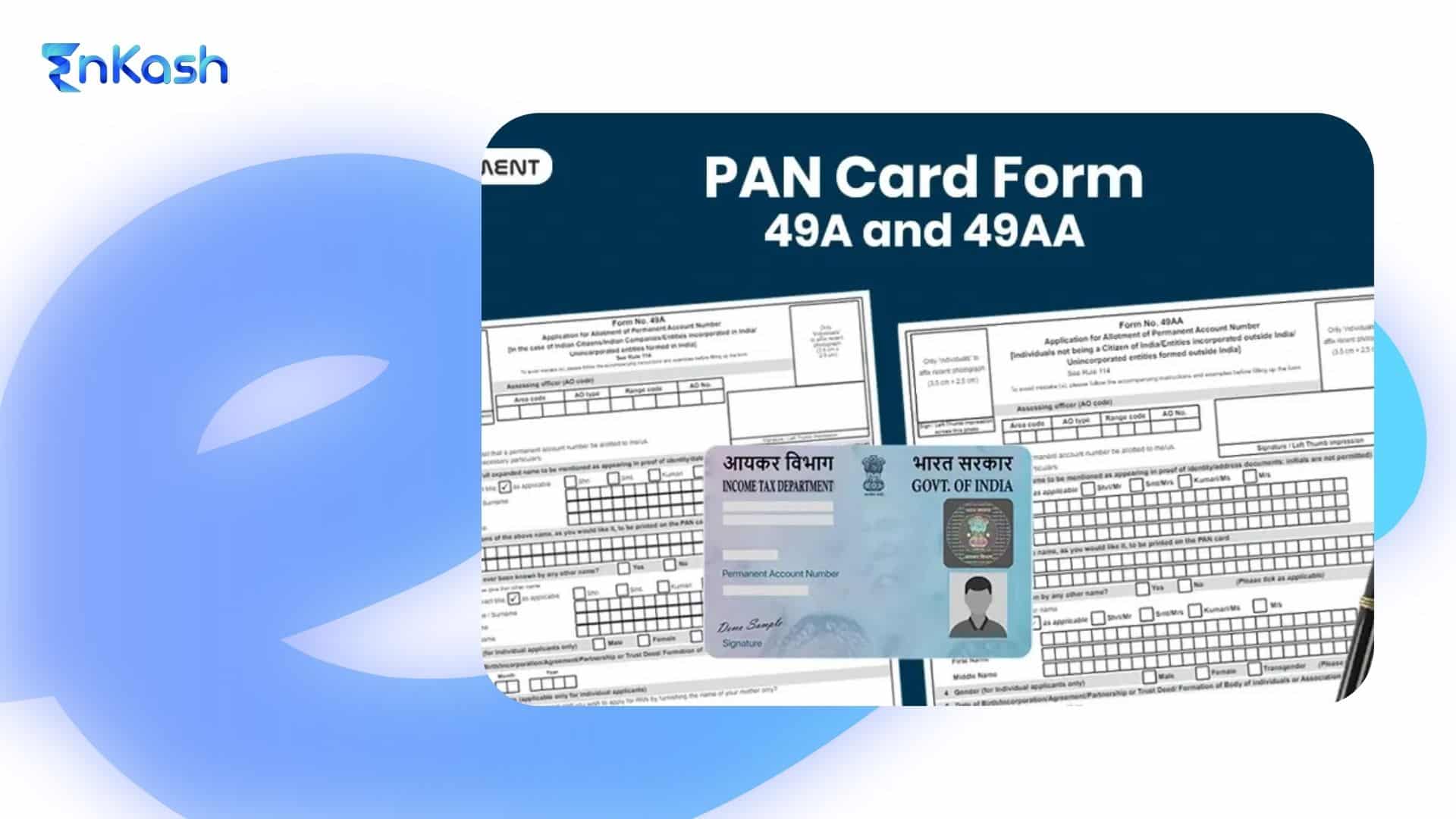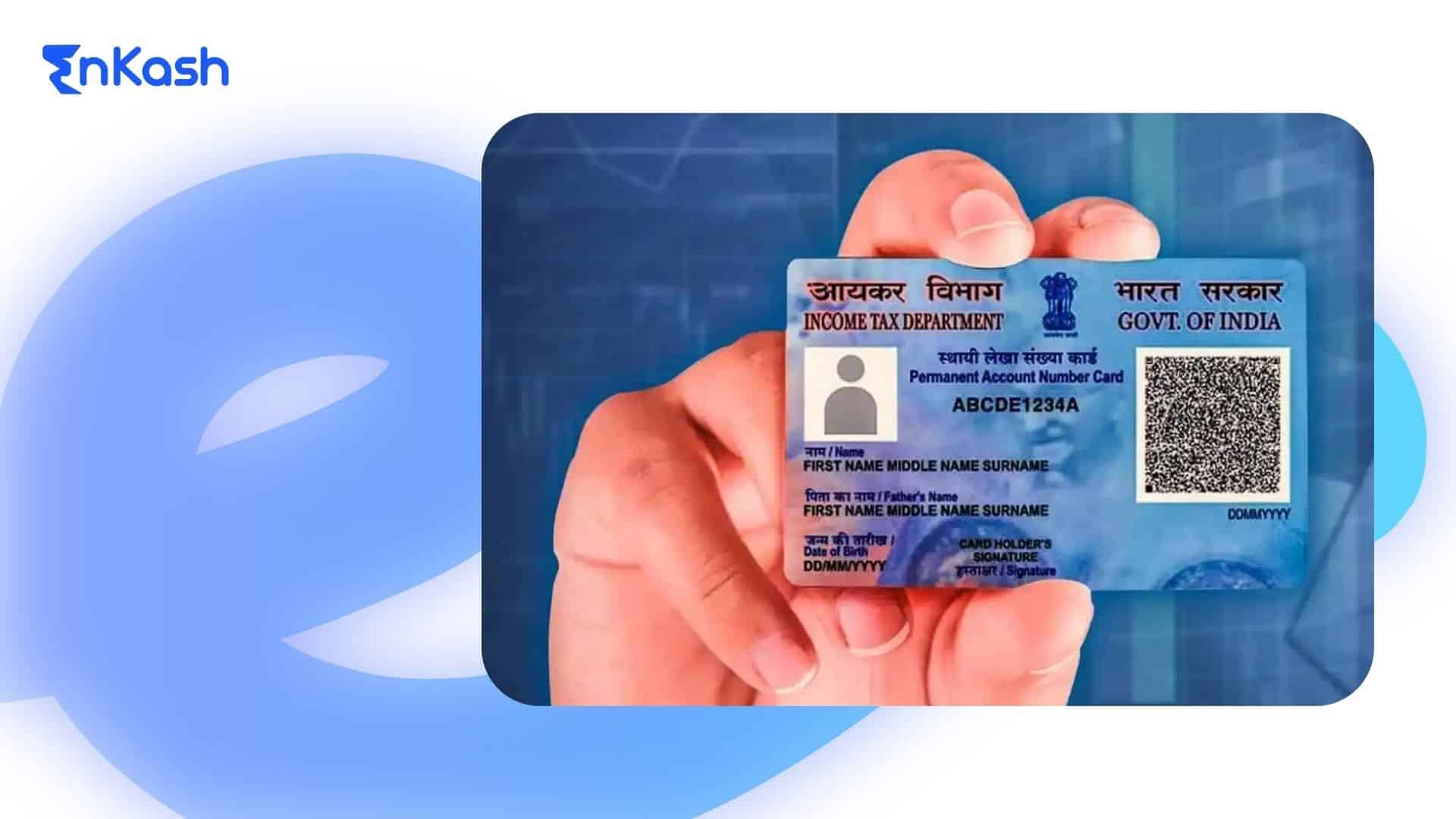What is Freelancing?
Freelancing is a form of self-employment where an individual offers services to clients on a project or contract basis, instead of working as a full-time employee for one organization. Freelancers usually work with multiple clients and receive payments against invoices raised for their services.
Freelance work covers a wide range of activities such as design, software development, consulting, content creation, accounting, legal services, and other professional services. From a tax perspective, under the Indian GST law, freelancing is treated as a supply of services. This classification is important because GST applies to taxable services, while salaried income remains outside the scope of GST.
Are Freelancers Covered Under GST?
Yes. Freelancers are covered under GST if they provide taxable services for payment and meet registration conditions. Under GST, services provided independently in the course or furtherance of business for consideration are treated as a supply of services. Since freelancing involves providing services to clients in return for fees, it generally falls within the scope of GST.
GST does not apply to salaried income because an employer-employee relationship exists in that case. Freelancers, however, work as independent service providers and do not have this relationship with their clients. As a result, GST applicability for freelancers follows the same framework as professional service providers.
Whether a freelancer needs to charge GST depends on factors such as annual turnover, the nature of services provided, and the location of the client. If GST registration is required, freelancers must collect GST on invoices and comply with return filing and reporting requirements.
Who Needs GST Registration as a Freelancer?
GST registration is required for freelancers and professionals when certain conditions are met. The primary factor is annual turnover. If the total value of services provided in a financial year exceeds ₹20 lakh, GST registration becomes mandatory. For freelancers operating from special category states, the threshold limit is ₹10 lakh.
Apart from turnover, GST registration for freelancers is compulsory in specific cases, even if income is below the threshold. This includes freelancers providing interstate services, subject to applicable GST exemptions and threshold-based relaxations notified for service providers.
Once registered, freelancers must charge GST on applicable invoices, file GST returns, and follow all compliance requirements. Understanding when registration is mandatory helps avoid penalties, incorrect invoicing, and future compliance issues.
GST Registration Process for Freelancers
The GST registration process for freelancers is completely online and done through the GST portal. Before applying, freelancers must confirm that they meet the eligibility conditions based on turnover or mandatory registration rules.
Basic details required to start GST registration include:
- PAN of the freelancer
- Registered mobile number and email address
Documents commonly required for GST registration:
- Address proof of the place of business
- Bank account details or cancelled cheque
- Passport-size photograph
Freelancers generally register as individual service providers and select the nature of business as “services” while filling the application.
Once the application is submitted and verified, a GST Identification Number (GSTIN) is issued. After registration, freelancers can raise GST-compliant invoices, collect GST from clients, and file returns as per the applicable GST timelines. Proper registration helps avoid penalties and ensures smooth tax compliance.
GST Rates and Taxability for Freelancers
GST on freelancing income depends on the type of service provided and whether the service is taxable under the GST law. In most cases, freelance and professional services fall under taxable services.
GST rate applicable to freelancers
- The standard GST rate for most freelance and professional services is 18%
- This rate applies to services such as consulting, IT services, design, marketing, legal services, accounting, and similar professional work
When GST is applicable
- When the freelancer is registered under GST
- When services are provided within India and are not specifically exempt
- When services are supplied to registered or unregistered clients, depending on the place of supply rules
When GST may not apply
- If the freelancer’s turnover is below the exemption threshold and registration is not mandatory
- If services qualify as export of services, which are treated as zero-rated supplies
In limited notified cases, the reverse charge mechanism (RCM) may apply, where the client is required to pay GST instead of the freelancer. This usually depends on the nature of the service and the status of the service recipient. Understanding the correct GST rate and taxability helps freelancers charge GST correctly and avoid compliance errors.
How to Calculate GST for Freelancers
GST for freelancers is calculated on the value of services provided to the client. Once a freelancer is registered under GST, tax must be charged on every taxable invoice raised.
Steps to calculate GST on freelance income
- Identify the taxable value of the service mentioned in the invoice
- Apply the applicable GST rate, which is usually 18%
- Add the GST amount to the invoice value
Example
- Service value: ₹50,000
- GST @ 18%: ₹9,000
- Total invoice value: ₹59,000
If the client is located in the same state as the freelancer, GST is charged as CGST and SGST. If the client is in a different state, IGST is charged instead. Proper GST calculation ensures accurate invoicing, correct tax collection, and smooth return filing.
Input Tax Credit (ITC) and GST Compliance for Freelancers
Once registered under GST, freelancers can claim Input Tax Credit (ITC) on eligible business expenses. ITC helps reduce the overall GST liability by allowing adjustment of tax already paid on purchases against tax collected from clients.
Common expenses eligible for ITC
- Office rent and coworking space charges
- Internet, mobile, and software subscriptions
- Professional tools, equipment, and laptops used for work
- Accounting, legal, and consultancy services
ITC can be claimed only if valid GST invoices are available and the supplier has correctly filed their GST returns. Personal expenses and items used partly for non-business purposes are not eligible for full credit.
GST compliance requirements for freelancers
- Issue GST-compliant invoices with correct tax details
- File GST returns within prescribed timelines
- Maintain records of invoices, expenses, and tax payments
Regular compliance helps freelancers avoid penalties, interest, and loss of ITC. Keeping documentation organised and returns up to date makes GST management simpler and more predictable.
GST on Export of Services by Freelancers
Freelancers who provide services to clients located outside India are treated as exporters of services under GST, provided certain conditions are met. Export of services is classified as a zero-rated supply, which means GST is not charged on the invoice, but compliance requirements still apply.
Conditions for export of services
- The service provider is located in India
- The client is located outside India
- Payment is received in convertible foreign exchange, or in INR where permitted by RBI, as applicable
- The place of supply is outside India
- The supplier and recipient are not merely establishments of the same entity
Freelancers exporting services must file a Letter of Undertaking (LUT) to supply services without charging GST. If GST is paid, a refund can be claimed later through the GST portal.
Even though no GST is charged, exporters are required to maintain proper documentation, issue export invoices, and file GST returns on time. Understanding export-related GST rules helps freelancers avoid errors and manage international payments smoothly.
Conclusion
GST compliance is an important part of managing freelance and professional income in India. Since freelancing is treated as a supply of services, understanding GST applicability, registration requirements, tax rates, and calculation methods helps avoid errors and penalties.
By registering at the right time, charging the correct GST, maintaining proper invoices, and filing returns regularly, freelancers can manage GST without stress. Clear knowledge of input tax credit and export-related rules further supports better tax planning. With the right processes in place, GST becomes a manageable part of running a freelance or professional services practice rather than a compliance burden.
FAQs
1. Is GST mandatory for all freelancers?
GST is not mandatory for all freelancers. Registration is required only if annual turnover exceeds ₹20 lakh or if the freelancer falls under mandatory registration categories such as interstate service supply or export of services.
2. What is the GST rate for freelancers and professional services?
The standard GST rate for most freelance and professional services is 18%. This applies to services such as consulting, IT services, design, marketing, legal, and accounting services unless specifically exempt.
3. Can freelancers opt for the GST composition scheme?
In most cases, freelancers and service providers are not eligible for the composition scheme, except for limited service categories notified under the GST law.
4. How often do freelancers need to file GST returns?
Most freelancers registered under GST must file monthly or quarterly returns, depending on the chosen filing scheme, along with an annual return. Timely filing is important to avoid late fees and interest.
5. What happens if a freelancer does not register or comply with GST?
Failure to register or comply with GST requirements can result in penalties, interest on unpaid tax, and restrictions on issuing valid invoices or claiming input tax credit. Regular compliance helps avoid legal and financial issues.








